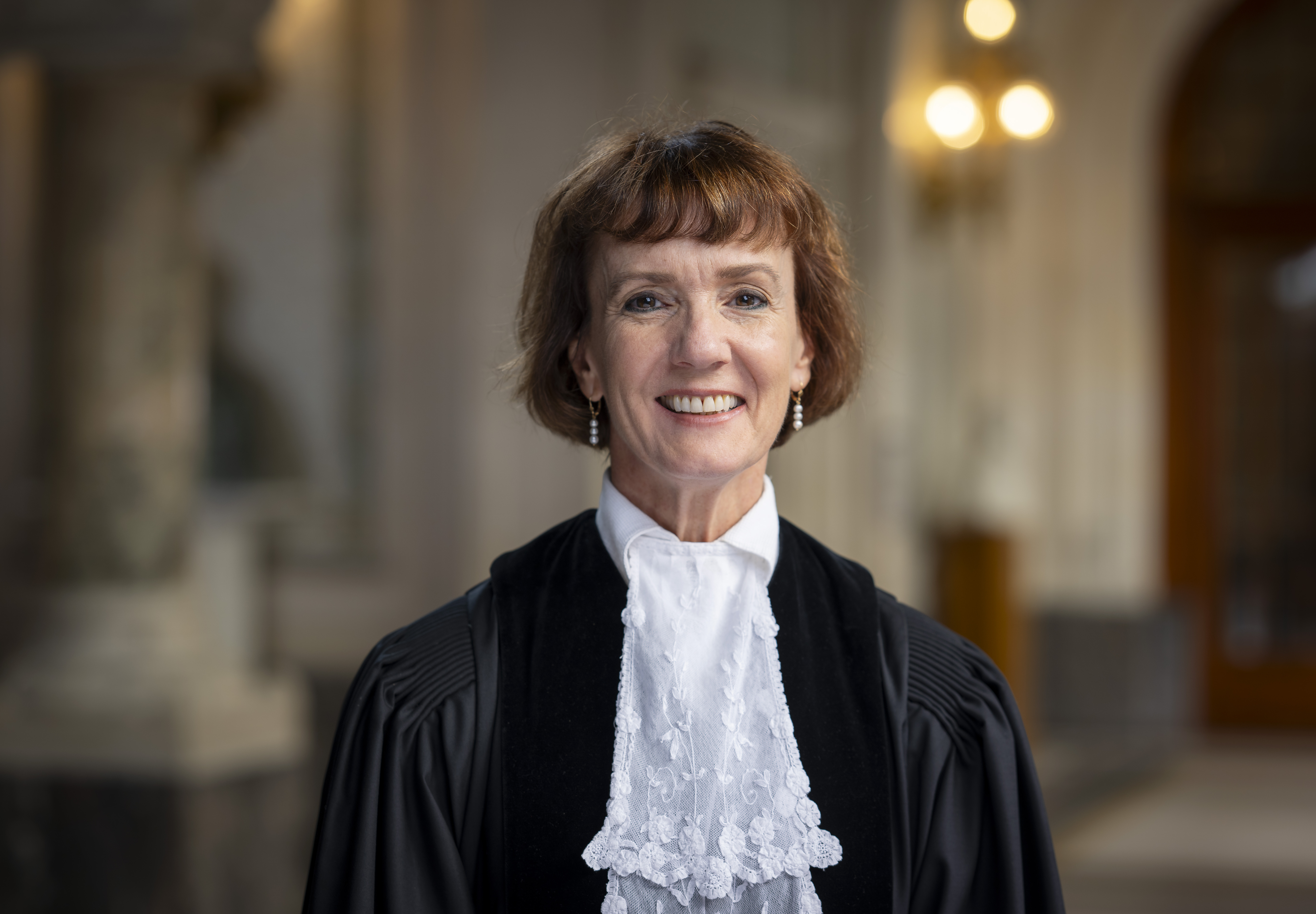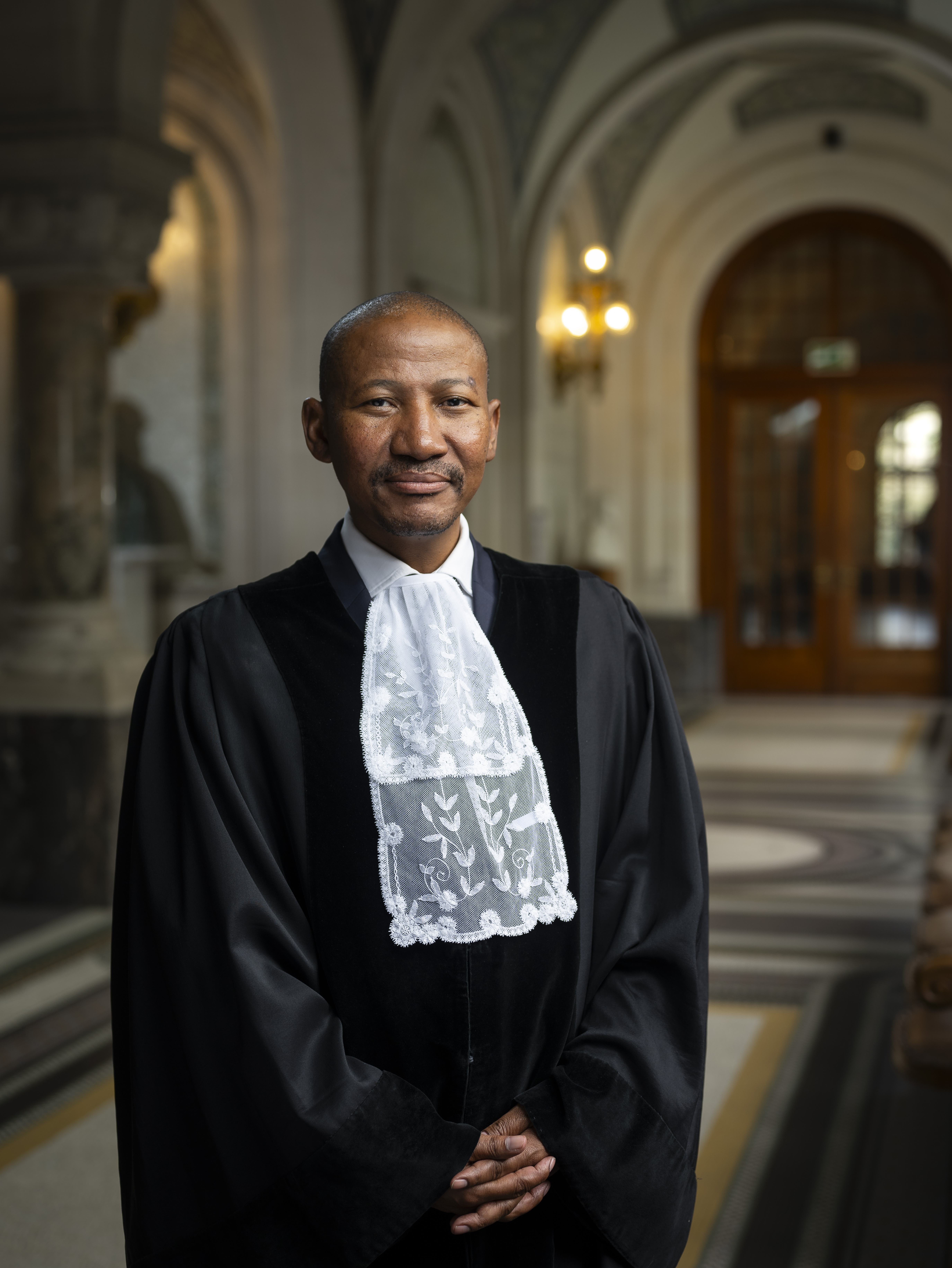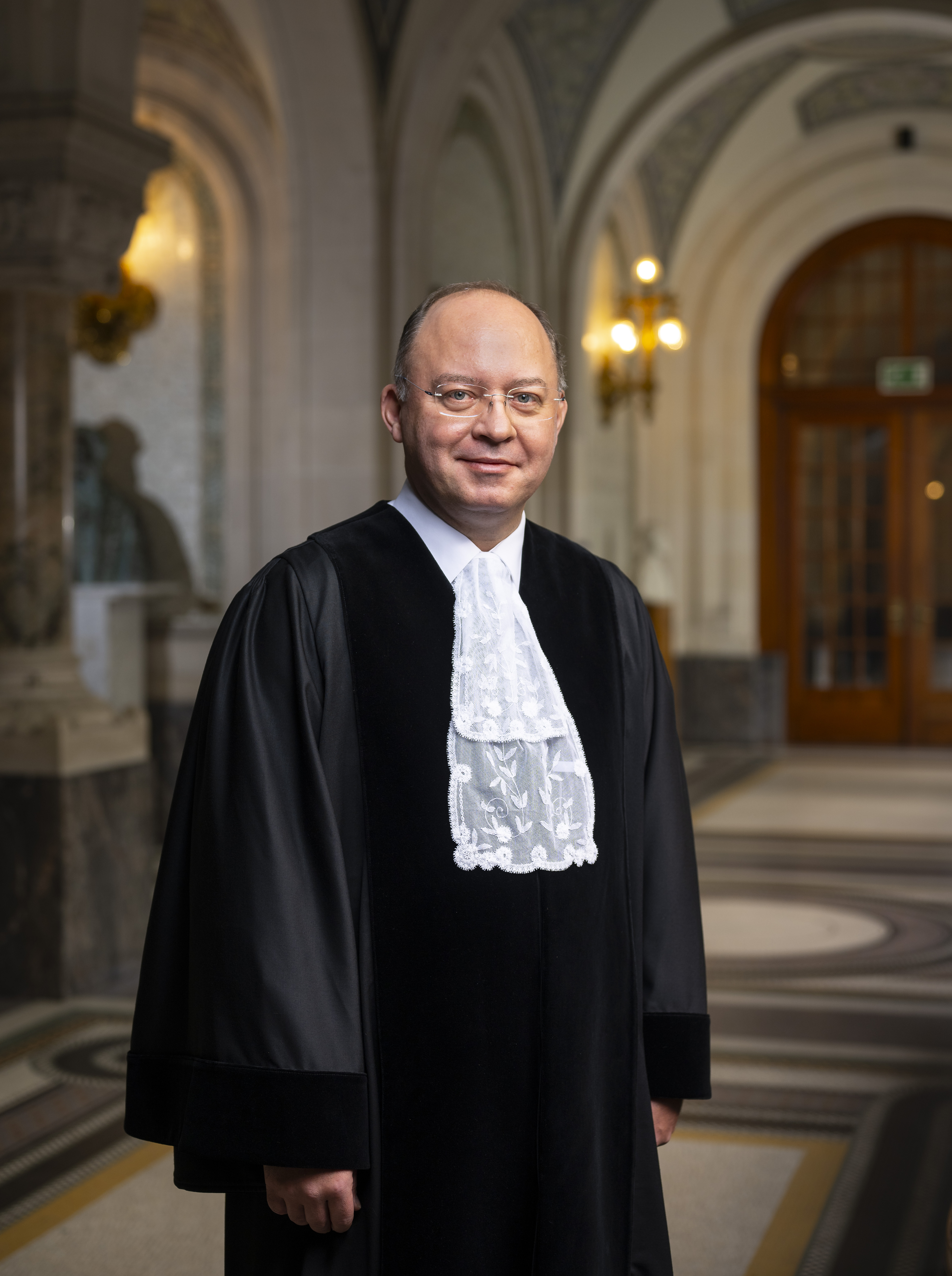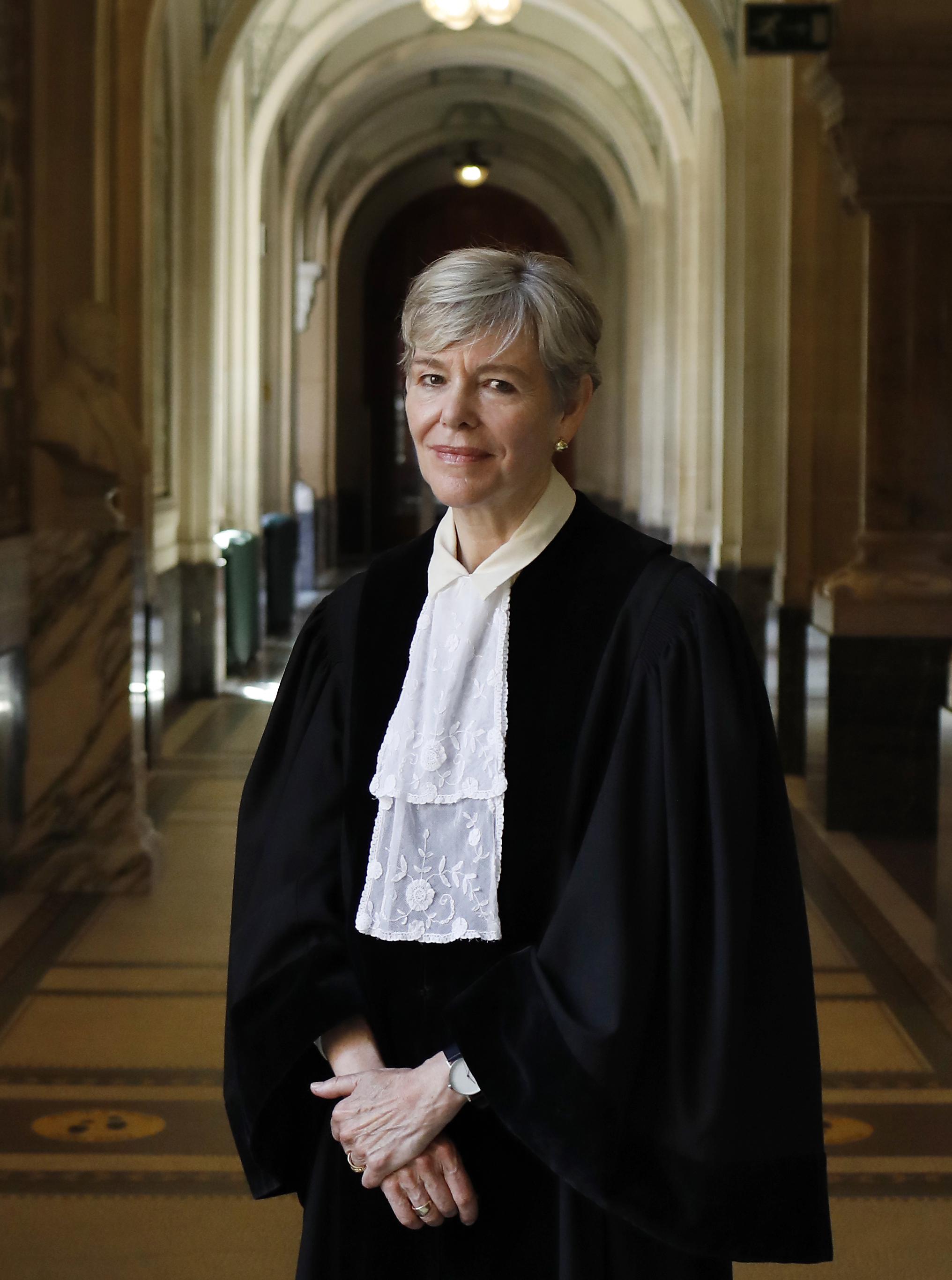On Saturday, December 14, 2024, in further reporting from The Hague, I was interviewed by Myanna Dellinger about the just-concluded oral proceedings before the International Court of Justice on the Legal Obligations of States with Respect Climate Change.
Formerly a tenured law professor, Myanna Dellinger is an award-winning legal researcher and Fulbright scholar who serves as the EinStrong Foundation’s Executive Director. We link to the Einstrong podcast with the Foundation’s kind permission.
Myanna’s questions probed key aspects of international law, including the polluter pays and the precautionary principles. In my responses, I sought to distinguish between duties arising from international common law and those arising from what international legal practitioners refer to as “the climate treaty regime.”1That is, the 1992 United Nations Framework Convention on Climate Change (UNFCCC), the 2015 Paris Agreement to the UNFCCC, and consensus statements from annual Conferences of the Parties (COPs) to the UNFCCC.
In addition, I referred to several piercing questions put to all Participants at the close of the Court’s proceedings, one each from four of the Court’s 15 judges. Because these questions may — and, in my view, should — prove critically important to the Court’s forthcoming decision, I delineate them here in full.
The first question was from Judge Sarah H. Cleveland, a member of the Court since February 2024.
Formerly the Professor of Human and Constitutional Rights at Columbia Law School (NY), Judge Cleveland also served, from 2011-23, on the US Secretary of State’s Advisory Committee on International Law.
Judge Cleveland asked:
During these proceedings, a number of Participants have referred to the production of fossil fuels in the context of climate change, including with respect to subsidies. In your view, what are the specific obligations under international law of States within whose jurisdiction fossil fuels are produced to ensure protection of the climate system and other parts of the environment from anthropogenic emissions of greenhouse gases, if any?
The second question was from Judge Dire Tladi, also a member of the Court since February 2024.
A former member of the UN International Law Commission (2012-2022), Judge Tladi also served as the principal state law adviser to the South African Department of International Relations and Cooperation from 2006-2014.
Judge Tladi asked:
In their written and oral pleadings, Participants have generally engaged in an interpretation of the various paragraphs of Article 4 of the Paris Agreement. Many Participants have, on the basis of this interpretation, come to the conclusion that, to the extent that Article 4 imposes any obligations in respect of nationally determined contributions, these are procedural obligations. Participants coming to this conclusion have, in general, relied on the ordinary meaning of the words, context and sometimes some elements in Article 31 (3) of the Vienna Convention on the Law of Treaties. I would like to know from the Participants whether, according to them, ‘the object and purpose’ of the Paris Agreement, and the object and purpose of the climate change treaty framework in general, has any effect on this interpretation and if so, what effect does it have?
The third question was from Judge Bogdan-Lucian Aurescu, also a member of the Court since February 2024.
Formerly a Member of the United Nations International Law Commission (2017-2024), Judge Aurescu served as Advisor for Foreign Policy, Presidential Administration of Romania (15 June 2023 to 1 February 2024).
Judge Aurescu asked:
Some Participants have argued, during the written and/or oral stages of the proceedings, that there exists the right to a clean, healthy and sustainable environment in international law. Could you please develop what is, in your view, the legal content of this right and its relation with the other human rights which you consider relevant for this advisory opinion?
The fourth question, and last from the Court, was from Judge Hilary Charlesworth, a member of the Court since November 2021.
Judge Charlesworth was a barrister and solicitor of the High Court of Australia and the Supreme Court of Victoria (admitted 1981).
Judge Charlesworth asked:
In your understanding, what is the significance of the declarations made by some States on becoming parties to the UNFCCC and the Paris Agreement to the effect that no provision in these agreements may be interpreted as derogating from principles of general international law or any claims or rights concerning compensation or liability due to the adverse effects of climate change?
The Court gave the 140+ Participants — mostly sovereign nations, but also several international agencies — just one week to respond to these four questions. Their deadline, therefore, was December 20. As of this writing, the Court has yet to publish any responses. That is strange, so I’ve written the Court requesting publication without further delay or, at minimum, access to the received responses.
We will see, and I’ll report back.
In any event, early in the new year we intend to return in this space to consider further each of the Court’s questions, with particular emphasis on the first of them — since the legal obligation of major emitting nations to phase out fossil fuel production resides at the heart of our efforts to protect and restore the climate system.
Until then, Happy New Year! And, on behalf of the entirety of CPR Initiative, thank you for your continuing support of our most critical work this year and next.
Support our Work
Thank you, in advance, for considering a tax-deductible contribution to support this and other critical work at CPR Initiative.
Footnotes:
- 1That is, the 1992 United Nations Framework Convention on Climate Change (UNFCCC), the 2015 Paris Agreement to the UNFCCC, and consensus statements from annual Conferences of the Parties (COPs) to the UNFCCC.






